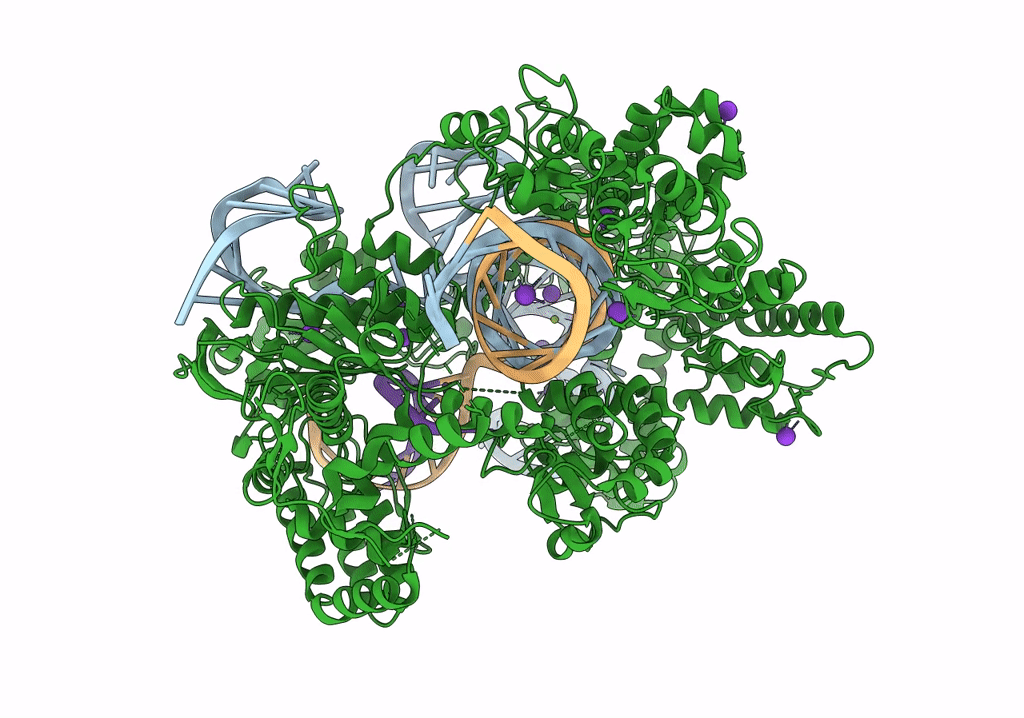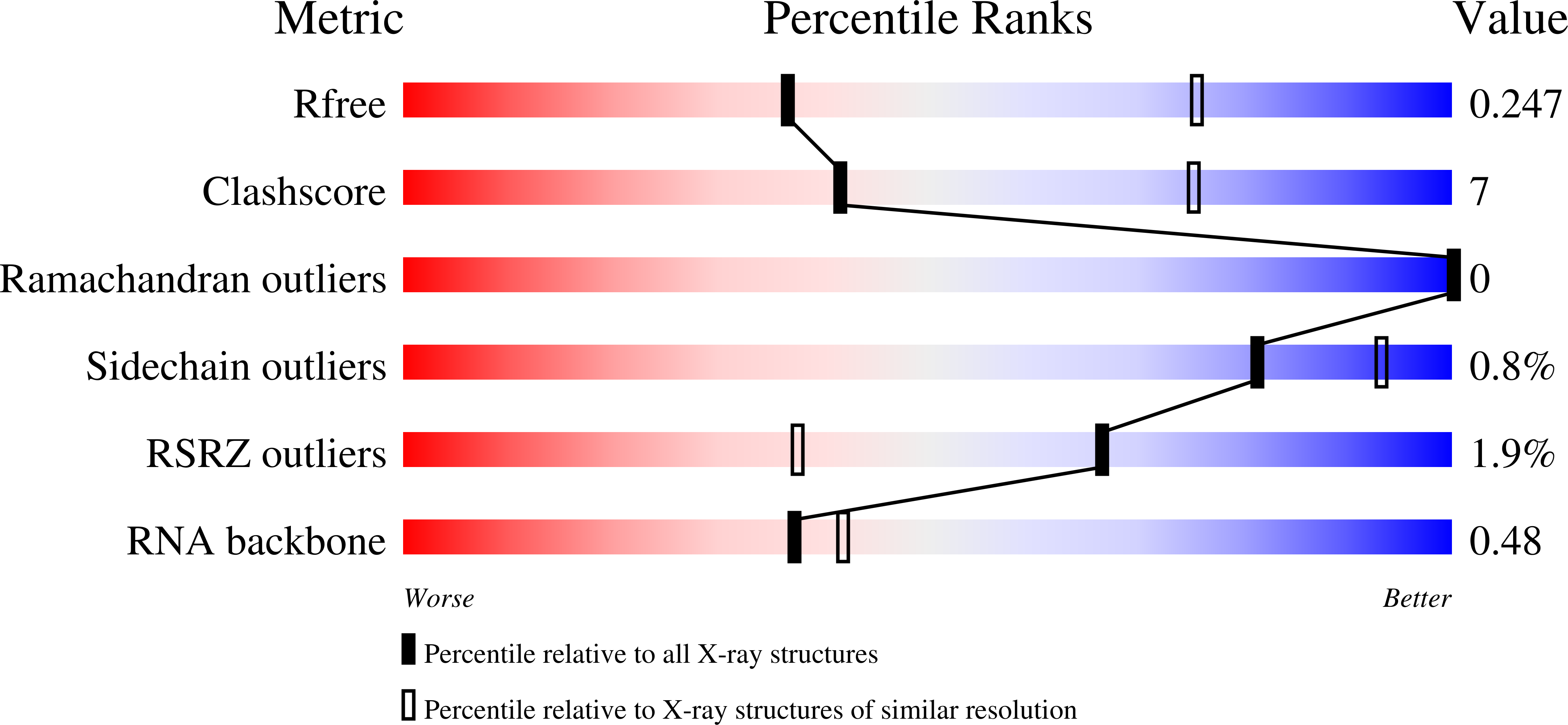
Deposition Date
2022-01-10
Release Date
2022-10-26
Last Version Date
2024-01-31
Entry Detail
Biological Source:
Source Organism(s):
synthetic construct (Taxon ID: 32630)
Streptococcus pyogenes (Taxon ID: 1314)
Streptococcus pyogenes (Taxon ID: 1314)
Expression System(s):
Method Details:
Experimental Method:
Resolution:
3.00 Å
R-Value Free:
0.24
R-Value Work:
0.21
R-Value Observed:
0.21
Space Group:
C 1 2 1


